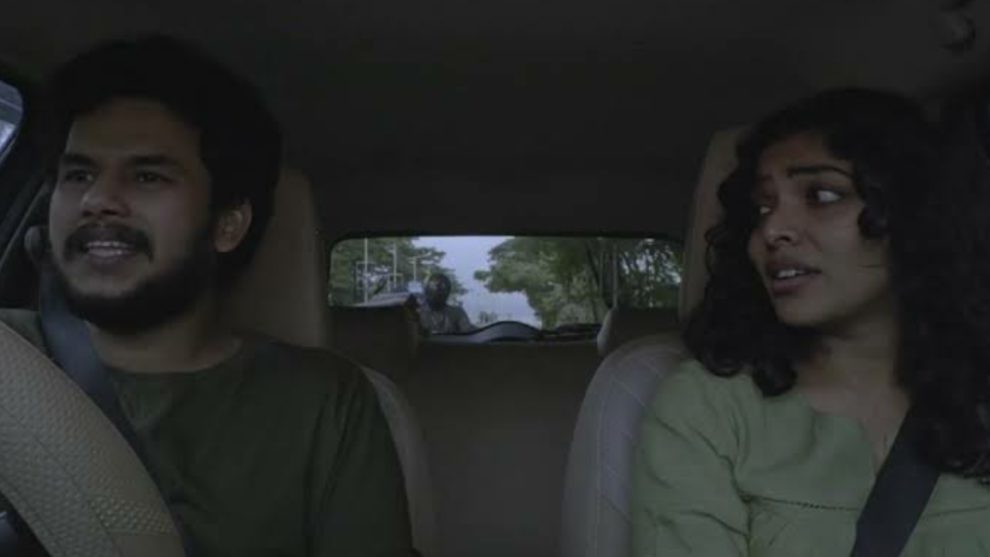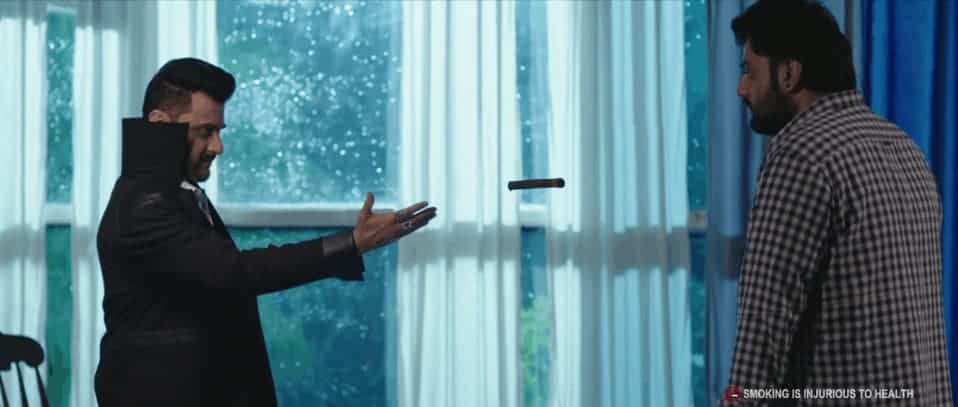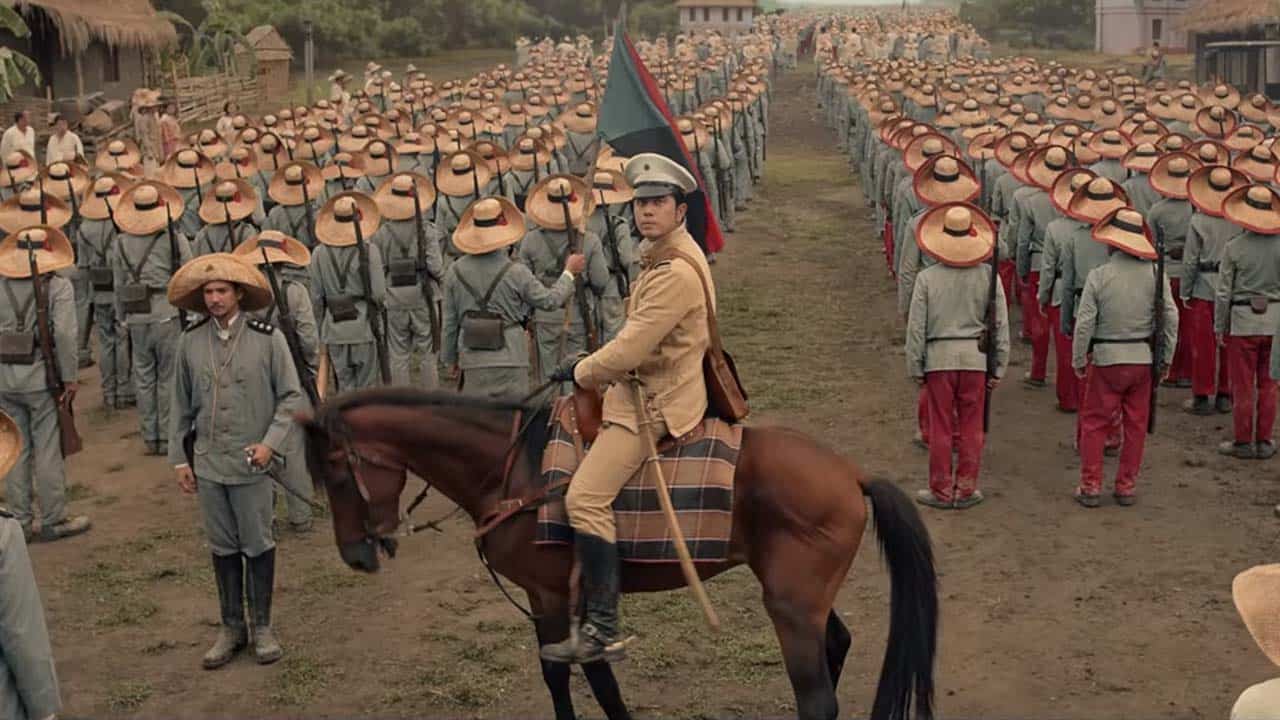Don Palathara is a contemporary arthouse director arising from the South Indian state of Kerala, who creates Malayalam-language films. Ever since the release of his debut “Shavam” (2015), he has obtained substantial critical praise. His latest, “Joyful Mystery”, was exhibited at multiple film festivals, including the most recent edition of the Moscow International Film Festival.
In his latest, the original title of which is “Santhoshanthinte Onnam Rahasyam”, the emphasis is on a journey via car taken by two characters. The two are in a relationship and the existing position of the connection cannot be termed as stable. The one steering the vehicle is Jithin, an aspiring actor who barely receives bit-part roles in the movie industry. Seated next to him is Maria, a reporter who primarily writes for a tabloid publication. The latter is apparently pregnant, hence they travel to a medical facility to recover test reports. What transpires next is a nasty yet amusing survey of their relationship, with a brief introduction of two additional characters.

Covid-19 has taken the world by storm. The minuscule organism, if a virus can really be termed as such, is the most alarming opponent the human brigade has encountered for a long duration. No certain remedy exists, and the outcome is a sweeping lockdown on a globally unprecedented scale. As people are locked down, the vital freshness of socializing and coming together evaporates all of a sudden. The effect is a boost in flickers of confrontation among sharers of a residence, influenced by an anticipated surge in frustration. This pandemic-driven suffocation and the consequential frustration is captured by Palathara's latest. The fact that much of the couple's frustration originates from the unbearably continual connection at house is evident, to say the least. Difficulties possibly existed even before the Covid-19 debacle, but it is the pandemic that broadens the chasm.
The typical societal dangers encountered in India are also examined. Jithin is a bit-part actor and cannot hope to earn as much as his girlfriend. The Pan-Asian discomforting glances provided to a man whose partner earns better than him is a powerful path to debilitate an individual and Jithin is compelled to handle the pressure and the teasing. He is by no means an excellent personality, with numerous spoken and implied instances of egotism. His conduct in the unsettling circumstance is at times unjustified. This directs the spectator to another reminder: the dispute at the centre of the movie's focus is one induced by another outrageous societal rule: pregnancy before nuptial ceremony is unethical. The protagonists realize that if the information proves not to be confidential, people around them, including a considerable fraction of their friends and family, shall be more than prepared to psychologically devour them. However animated and furious Maria may come across, and however unfair she may seem beside the comparatively steadier aura of Jithin, she comprehends that the woman gets barraged the most.

In a conversation with Asian Movie Pulse, Palathara spoke of a future film: “about a young couple; it's a relationship drama. It is also a homage to Rohmer. The story happens only in a car in a single shot, there are mostly only two characters and it's a dialogue piece which is scripted and we had long rehearsals.” The film is, of course, “Joyful Mystery”, and for a movie that takes a comparatively radical method and has a great prospect to serve as a bore-fest, it remains surprisingly neat throughout its runtime, and the sharp look at dispute is both relatable and addictive. The film is not without shortcomings, and at several junctures some repetition does occur, but it never entirely submerges into stagnant water. Particularly forced seems to be the introduction of two characters, diplomats of the immediate and cultural community. The culmination of the film lies in the conclusion of the mystery. The director decides to describe a rather divisive climax to the story, which is not in any means unfair. Green constitutes a huge part of the film's view. The poster is almost completely green and in the film, the protagonists don hues of green, the colour of envy and happiness (associated with harvest in Indian culture), the two fundamental themes of the movie
Rima Kallingal is undoubtedly the star of the show. She plays Maria, the tabloid journalist, and the more vigorous partner, although one may very well remark that Jithin is equally hot-headed. Kallingal's expressions are brilliant, and she polishes the tiny intricacies, strengthening the movie. Jithin, or Jithu, as the character likes his partner to call him, is played by the eponymous Jithin Puthanchery, who provides a good performance. The progression of the movie is improved by his constantly demoralized attitude. The director himself “appears” in a cameo performance, although in what is the weakest portion of the movie. Saji Babu's cinematography is compatible with the film's mood, a highlight of darkness. Music, when it is listened to, is elegant, ending with a beautifully harmonious vocal track.
A one-shot movie is invariably an adventurous highway to voyage through. The director not only tours down it but successfully reaches his destination. While not without hiccups, it is a fun, relatable title about societal restrictions and pandemic frustrations and above all, a dramatic exhibition of the system of Indian quarrel.















